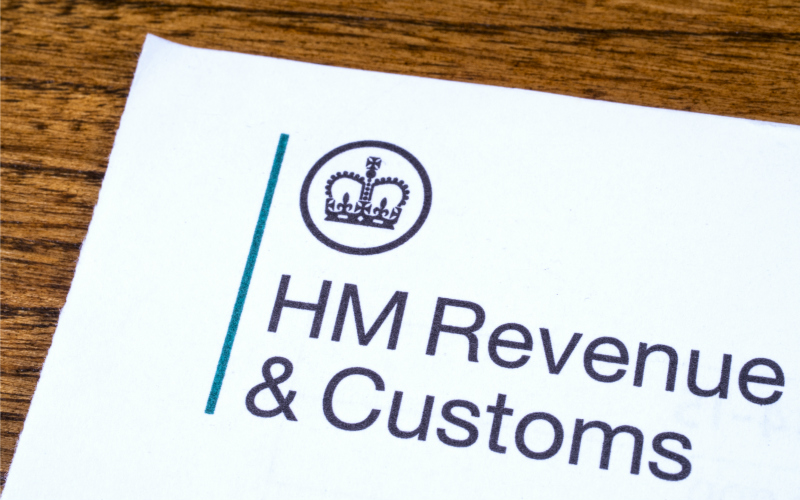
Director’s Potential Personal Liability for the tax debts of an Insolvent Company.
In the 2nd of our 2 articles on this, we are focussing on when a director will be personally liable for tax debt of their companies.
The Finance Act 2020 introduces provisions allowing HMRC to impose a joint liability notice (JLN) to make directors, shadow directors and certain others connected to a company jointly and severally liable for the company’s outstanding tax liabilities in certain circumstances involving insolvency or potential insolvency.
Tax avoidance and tax evasion
Broadly speaking, HMRC may issue a JLN to a director, shadow director or participator in the company (e.g. a shareholder) in cases of tax avoidance and tax evasion, where the company in question is subject to an insolvency procedure (or is at serious risk of insolvency) and the individual in question was responsible for or benefited from the avoidance arrangements or evasive conduct. Similarly, a JLN may also be issued in cases involving penalty for facilitating avoidance or evasion where the individual was a director, shadow director or participator in the company when the penalty was imposed.
The effect of the JLN is that the individual will be held jointly and severally liable with the company for the relevant tax liability.
Repeated insolvency and non-payment
Rather surprisingly, HMRC’s powers have also been extended to allow it to issue a JLN to individuals in cases of repeated insolvency and non-payment in a bid to prevent so called ‘phoenix trading’.
A ‘phoenix company’ is formed when the assets of an insolvent company are purchased by the company’s directors during a formal insolvency process. ‘Phoenix trading’ describes the practice of carrying on the same business through a succession of phoenix companies. Every time the insolvent company stops trading, the business and not the debts is then assigned to a new phoenix company.
Broadly speaking, in such cases HMRC may issue to a JLN to an individual where the following conditions are met:
- the individual had a relevant connection with at least two companies (‘the old companies’) at any time during the five year period commencing immediately prior to the JLN (‘the five year period’) and the companies have become subject to an insolvency procedure during the five-year period;
- the individual has a relevant connection with another company (‘the new company’) during the five year period and the new company is carrying on the same or similar trade as two of the old companies;
- the total amount of tax liabilities of the old companies is more than £10,000 and more than 50% of the total amount of those companies’ liabilities to their unsecured creditors.
An individual has a relevant connection with an old company if they were a director, shadow director or participator in the company (e.g. a shareholder). For a new company, an individual has a relevant connection if they are a director, shadow director, participator in the company or are concerned with or take part in the management of the company.
The effect of the JLN is that individual will be held jointly and severally liable with the new company for any tax liability on the day of the notice and arising in the following five years, as well as the old company if it has a tax liability on the day of the notice.
How will this affect directors and other individuals caught by the rules?
The powers afforded to HMRC under the Act are far reaching – they apply not only to directors but potentially also shareholders and managers of the company. It remains to be seen the extent to which HMRC will rely on these powers and the approach it will take. It has been suggested that phoenix trading is less likely to happen in practice as the risks and liability to directors who fall foul under the Act now are considerable. Further guidance is expected and we will have to wait and see what the actual effect here is.
Insight from Pamela Muir, Insolvency, Restructuring and Corporate Partner at Thorntons. For more information contact Pamela on 03330 430350 or email pmuir@thorntons-law.co.uk
